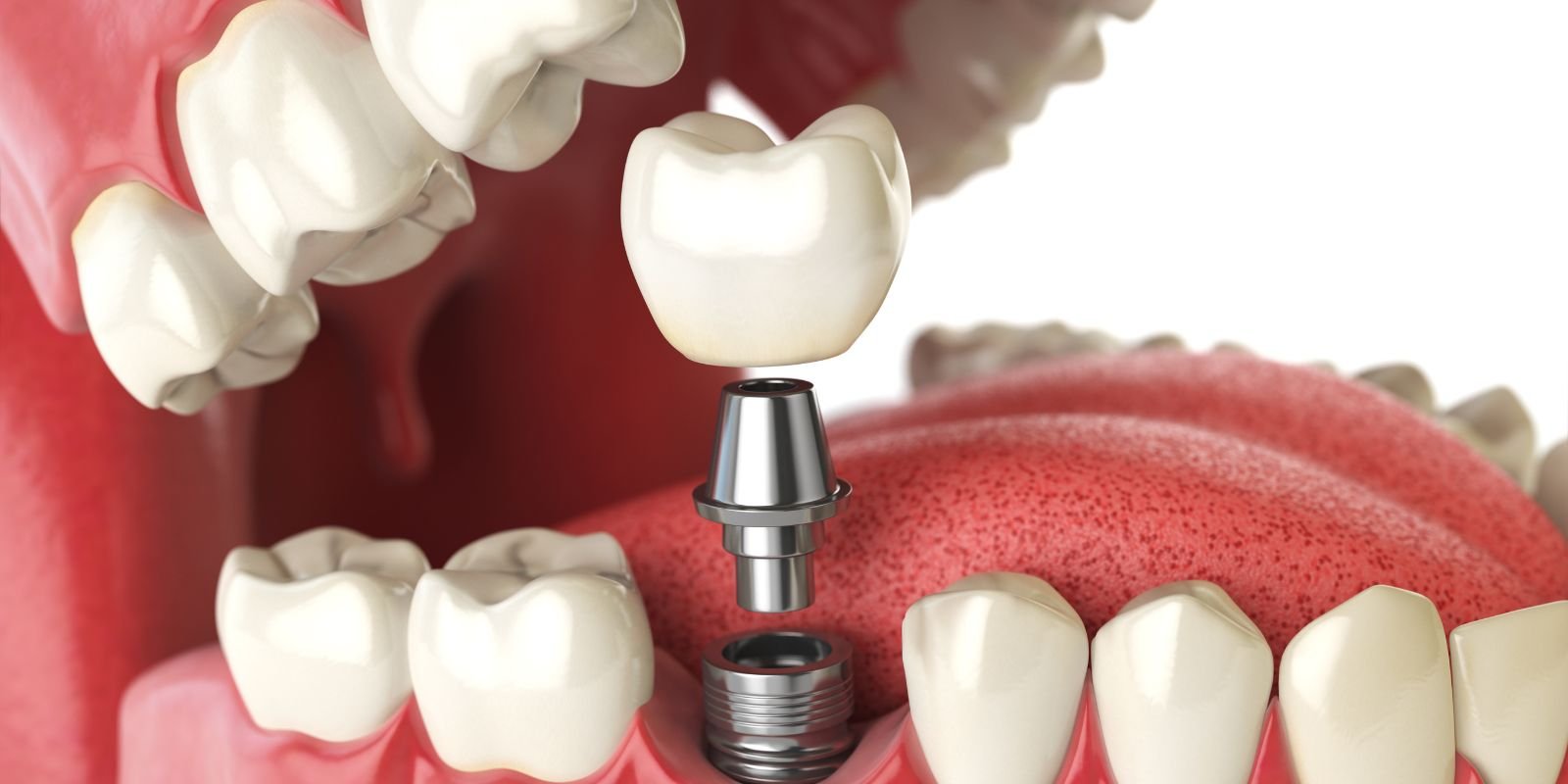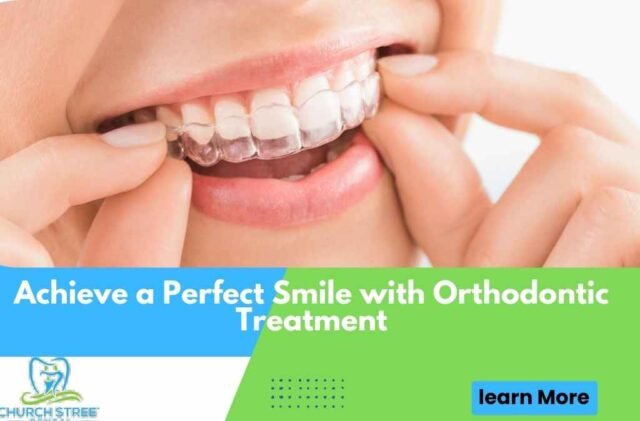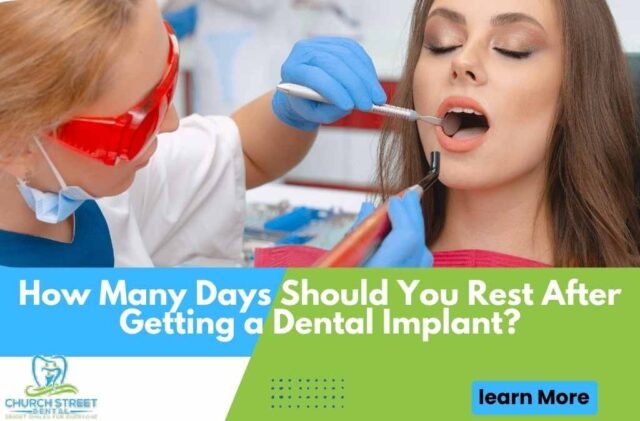Dental crowns are a popular solution for restoring damaged teeth, but how long do they actually last? This comprehensive guide dives into the lifespan of dental crowns, the factors influencing their durability, and everything you need to know about maintaining them. From understanding the types and costs of dental crowns to exploring the procedure and aftercare, we’ve got you covered.
What is a Dental Crown?
Before diving into the longevity of dental crowns, it’s essential to understand what a dental crown is. A dental crown, often referred to as a cap, is a custom-made covering placed over a tooth to restore its shape, size, strength, and appearance.
A dental crown can protect weakened teeth, restore broken teeth, cover dental implants, or improve the aesthetics of a smile. They’re a versatile solution in modern dentistry, offering both functional and cosmetic benefits. So, if you’ve been asking, “What is a dental crown?” – it’s essentially a protective and restorative covering for your tooth.
Types of Dental Crowns
There are several types of dental crowns, each with its unique advantages and drawbacks. The type you choose can significantly impact the dental crown cost and its longevity.
Porcelain Crowns
Porcelain crowns are known for their natural appearance, making them ideal for a dental crown front tooth. They blend seamlessly with the surrounding teeth, offering an aesthetically pleasing result. However, they can be more susceptible to chipping compared to other materials.
Metal Crowns
Metal crowns, made from gold or other alloys, are incredibly durable and resistant to wear and tear. They are often used for molars due to their strength. While they don’t match the natural tooth colour, their longevity is unmatched, making them a solid choice for those prioritizing durability over aesthetics.
Porcelain-Fused-to-Metal (PFM) Crowns
PFM crowns combine the strength of metal with the natural appearance of porcelain. They are a popular choice for both front and back teeth, offering a balance between durability and aesthetics. This type of crown dental solution is favoured for its versatility.
Zirconia Crowns
Zirconia crowns are highly durable and can be colour-matched to your natural teeth. They are an excellent choice for those seeking a balance between strength and aesthetics, with fewer concerns about chipping. These crown dental options provide a robust and visually pleasing solution.
The Dental Crown Procedure
Understanding the dental crown procedure helps to set realistic expectations and prepare for the journey ahead. Here’s a step-by-step overview of what to expect.
Initial Consultation
Your dentist will start with a thorough examination and may take X-rays to assess the tooth’s condition. This helps determine if a dental crown is the right solution or if additional procedures, like a root canal, are needed. Knowing “what is a dental crown” is just the beginning; the process involves several critical steps.
Tooth Preparation
The next step involves preparing the tooth for the crown. This usually means reshaping the tooth to make space for the crown. In some cases, filling material may be used to build up the tooth if there’s significant damage.
Impressions and Temporary Crown
After reshaping, your dentist will take an impression of the tooth, which is sent to a lab to create the custom crown. In the meantime, a temporary crown is placed to protect the tooth. This is a crucial part of the dental crown procedure, ensuring the final crown fits perfectly.
Fitting the Permanent Crown
Once the permanent crown is ready, you’ll return to the dentist for fitting. The dentist will check the crown’s fit and colour before cementing it in place with dental crown glue. This adhesive ensures the crown stays securely in place, providing long-term protection and functionality.
Factors Influencing the Lifespan of Dental Crowns
Several factors can influence how long dental crowns last. Understanding these can help you make informed decisions and take better care of your crowns.
Material Choice
The type of material used for your crown plays a significant role in its durability. Metal crowns tend to last the longest, followed by PFM and zirconia crowns, while porcelain crowns might have a shorter lifespan due to their fragility. The choice of material affects both the longevity and the cost of the dental crown.
Oral Hygiene
Maintaining good oral hygiene is crucial for the longevity of your dental crowns. Regular brushing, flossing, and dental check-ups help prevent decay and gum disease, which can compromise the crown. Whether you have a dental crown, front tooth, or molar, cleanliness is key.
Lifestyle Habits
Certain habits, such as grinding your teeth, chewing on hard objects, or using your teeth as tools, can significantly reduce the lifespan of your crowns. Wearing a mouthguard at night can help protect against grinding. Avoiding these habits can make a significant difference in how long dental crowns last.
How Long Do Dental Crowns Typically Last?
On average, dental crowns can last between 10 to 15 years. However, with proper care and maintenance, many crowns can last even longer, sometimes up to 20 or 25 years.
Routine Check-Ups
Regular dental visits allow your dentist to monitor the condition of your crowns and address any issues promptly. Early detection of problems can prevent more significant issues down the line. Routine check-ups are essential for the maintenance of dental crowns near me.
Maintenance and Repairs
If your crown becomes damaged or loose, it’s essential to visit your dentist as soon as possible. Minor repairs can extend the lifespan of your crown and avoid the need for a complete replacement. This proactive approach helps maintain the effectiveness of your dental crown procedure.
Dental Crowns Before and After
The transformation that dental crowns can achieve is often remarkable. Seeing dental crowns before and after photos can give you a better understanding of their potential.
Aesthetic Improvements
Crowns can significantly enhance the appearance of damaged or discoloured teeth, providing a uniform and natural-looking smile. This boost in aesthetics can improve self-confidence and overall quality of life. If you’re looking at dental crowns before and after images, the difference can be quite striking.
Functional Restoration
Beyond aesthetics, dental crowns restore the functionality of damaged teeth. They allow you to chew and speak more comfortably, improving your overall oral health. This is especially important for a dental crown front tooth, where both appearance and function are critical.
Understanding the Cost of Dental Crowns
The cost of a dental crown can vary widely depending on several factors, including the material, location, and the dentist’s expertise.
Average Cost of Dental Crowns
On average, the cost of a dental crown ranges from $800 to $1,500 per tooth. Metal crowns tend to be less expensive, while porcelain and zirconia crowns are on the higher end of the spectrum. When considering how much a dental crown, remember that quality often correlates with cost.
Additional Costs
It’s essential to consider additional costs, such as consultations, X-rays, and any preparatory work like root canals or buildups. Dental insurance may cover part of the cost, so check with your provider. Understanding the overall cost of a dental crown helps you plan financially for the procedure.
Finding Dental Crowns Near Me
Searching for “dental crowns near me” can help you find local dentists who offer crown services. It’s crucial to choose a reputable dentist with experience in crown procedures.
Research and Reviews
Look for dentists with positive reviews and testimonials. Personal recommendations from friends or family can also be valuable in finding a trustworthy provider. Finding dental crowns near me with good feedback ensures quality care.
Consultations
Schedule consultations with a few dentists to discuss your needs, get quotes, and evaluate their approach. This helps ensure you find a dentist you’re comfortable with and who meets your expectations. This step is critical when considering types of dental crowns and costs.
Dental Implants and Crowns: A Perfect Match
Dental implants and crowns often go hand-in-hand, especially when replacing missing teeth. An implant acts as an artificial tooth root, providing a sturdy foundation for a crown.
The Implant Procedure
The implant procedure involves placing a titanium post into the jawbone, which fuses with the bone over time. Once healed, a custom crown is placed on top, offering a durable and natural-looking solution. A dental implant crown provides a robust and long-lasting replacement for lost teeth.
Benefits of Implants with Crowns
Implants with crowns provide a permanent solution that mimics the look and function of natural teeth. They prevent bone loss and maintain the structure of your jaw, offering long-term benefits for oral health. This combination is often seen in dental crowns before and after transformations, showcasing remarkable improvements.
Summary
In summary, understanding the types of dental crowns, the dental crown procedure, and the factors influencing their lifespan can help you make informed decisions. Regular check-ups, proper maintenance, and a healthy lifestyle are key to maximizing the longevity of your dental crowns.
Final Thoughts
If you’re considering dental crowns, consult with a qualified dentist to explore your options and find the best solution for your needs. With the right care, dental crowns can provide a beautiful and functional smile that lasts a lifetime. For those in the Chicopee, MA, area, Church Street Dental is an excellent option to consider for expert care and consultation. They offer a range of services to help you achieve and maintain a healthy smile.






